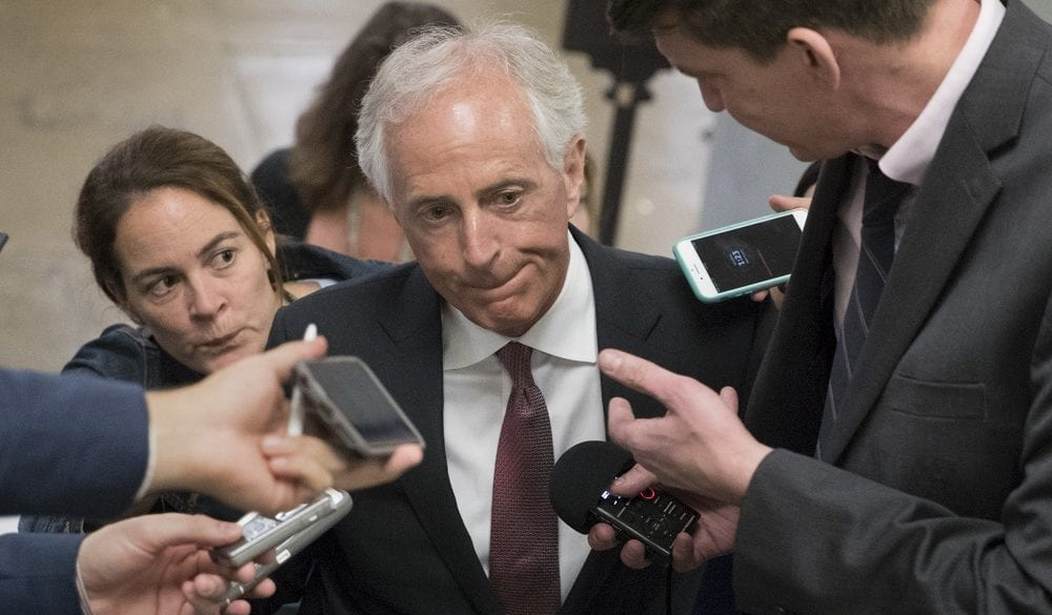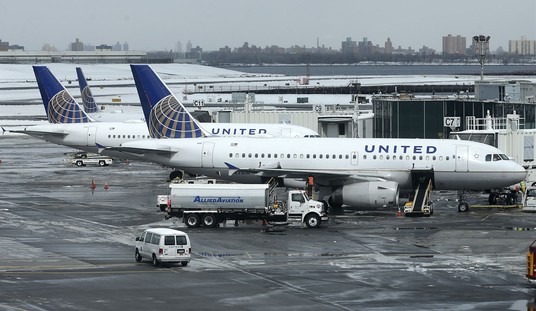Today the Senate Foreign Relations Committee voted 18-3 to expand sanctions against Iran.
That vote sets up the possibility of a Senate floor vote in the coming weeks.
When Corker introduced the bill in March, he and Republican and Democratic sponsors agreed that tougher steps need to be taken against Iran’s destabilizing actions. Those include ongoing ballistic missile tests in apparent violation of a U.N. Security Council resolution.
“These steps will allow us to regain the initiative on Iran and push back forcefully against this threat to our security and that of our allies,” Corker said.
The bill would impose new mandatory sanctions against people involved with Iran’s ballistic missile program. It would also impose terrorism sanctions against Islamic Revolutionary Guard Corps, and block assets of people who trade in prohibited arms with Iran.
Despite U.S. sanctions for missile launches, #Iran builds 3rd underground ballistic missile factory –> @PHREUTERS https://t.co/VLXh8NwV73 pic.twitter.com/s5GUGIsPCb
— UANI (@UANI) May 25, 2017
This was despite John Kerry actively lobbying against the new sanctions:
Kerry yesterday tells SFRC not to pass new Iran sanctions bill. SFRC today passes new Iran sanctions bill by a vote of 18-3. https://t.co/rGzmbDA7Zx
— Mark Dubowitz (@mdubowitz) May 25, 2017
In addition, Treasury is looking at tightening up a sanctions regime that became rather flaccid under Obama:
US Treasury chief Steve Mnuchin said the Trump administration was exploring ways to increase financial pressure on Iran, Syria and North Korea Thursday, days after President Donald Trump launched a blistering verbal offensive against Tehran during a trip to the Middle East.
Mnuchin told the House Ways and Means Committee that the administration was looking into revoking licenses for aircraft manufacturers to sell parts and planes to Iran, which had been a key component of sanctions relief under the 2015 nuclear deal.
“We will use everything within our power to put additional sanctions on Iran, Syria and North Korea to protect American lives,” Mnuchin said, according to Reuters. “I can assure you that’s a big focus of mine and I discuss it with the president.”
Naturally, the Iran lobby is out in force
The legislation as currently written would “provoke a terrible reaction in Iran and with our allies, as it would be seen as contrary to at least the spirit of the Joint Comprehensive Plan of Action,” Adam Szubin wrote Friday in a letter to committee members.
Szubin, who left government in February, led U.S. sanctions policy against Iran in his previous role as Treasury Department acting under secretary for terrorism and financial intelligence. The Treasury Department has cited this effort as a key reason Iran agreed to an international deal that rolled back its nuclear program in exchange for sanctions relief.
Szubin, rather unsurprisingly, wants the sanctions to be written in a way that requires the US to lift sanctions based on certain conditions rather than the modification of Tehran’s behavior.
The Iranians have repeatedly said that any new sanctions will result in them walking away from the nuclear deal. We can only hope.













Join the conversation as a VIP Member